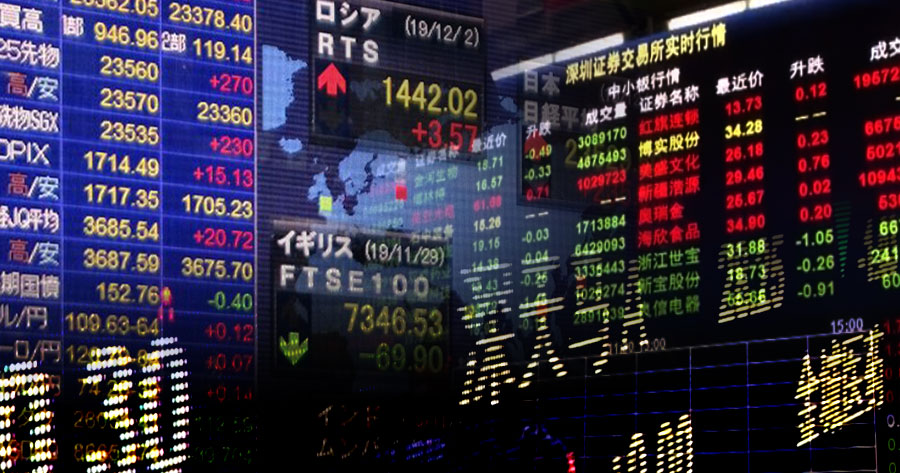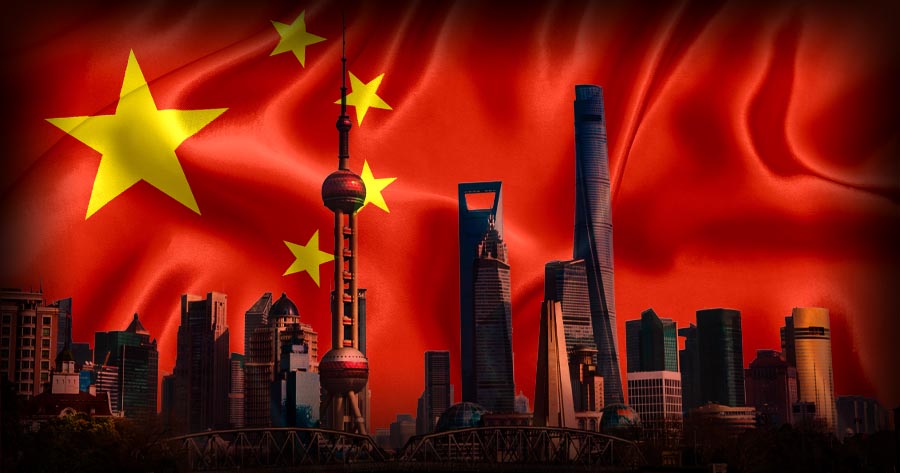On Monday, Asian stocks mostly went down as investors fretted that the biggest U.S. bank failure in nearly 15 years could have global consequences following Friday’s Wall Street broad selloff.
Due to a run on the bank, regulators were forced to shut down Silicon Valley Bank on Friday, resulting in the second worst U.S. bank failure after the 2008 collapse of Washington Mutual. Signature Bank, located in New York, was the third greatest bank failure in American history, and its seizure was also announced on Sunday.
At 9:34 AM (Thai time), Japan’s Nikkei 225 index dropped 1.64 percent, leading to regional losses.
Australia’s S&P/ASX 200 index lost 0.40% as banking firms continued to suffer losses.
South Korean officials reportedly voiced concerns over the weekend of more market volatility ahead of the collapse of Silicon Valley Bank, which led to a 0.38% decline in the Kospi.
The Hang Seng index in Hong Kong, meanwhile, gained 1.21%. The Shanghai Composite Index increased by 0.31% in mainland China.
The U.S. Treasury, Federal Reserve, and FDIC announced measures aimed at safeguarding Silicon Valley Bank customers and avoiding further bank runs on Sunday, hours before trading opened in Asia.
The U.S. Wall Street ended the week with its worst performance since September, with the S&P 500 index down 1.4% on Friday alone.
The Dow Jones Industrial Average dropped 345 points, or 1.1%, while the Nasdaq composite plummeted 1.8%.
The banking sector contributed to some of the worst declines on Wall Street last week. First Republic Bank fell 14.8%, while Charles Schwab lost 11.7% after falling 12.8% the day before. Bigger banks, which were stress-tested by regulators after the 2008 financial crisis, fared better. The stock of JPMorgan Chase increased 2.5%.





